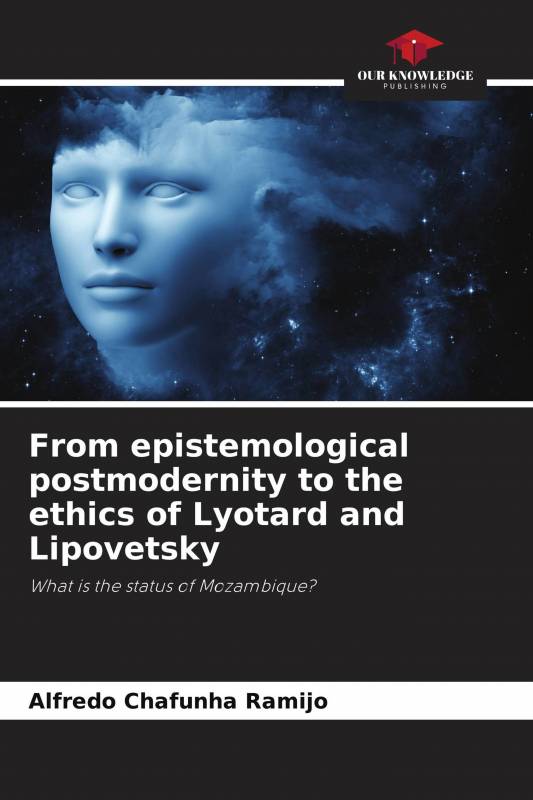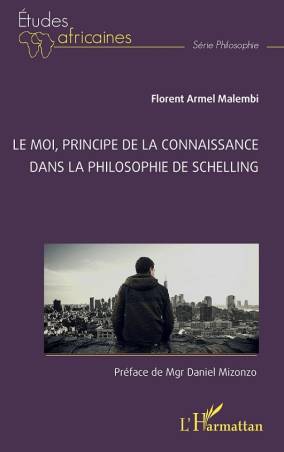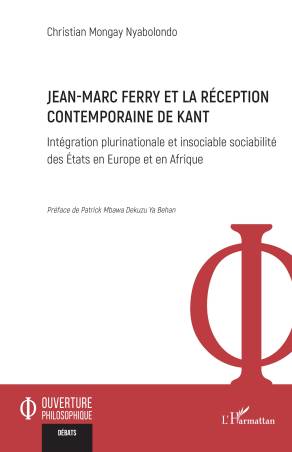




Post-Modernity is discussed from the epistemological sphere, that is, the discrediting of universal criteria for the legitimation of knowledge, as Lyotard advocates for the ethical dimension, as being a coexistence of several and different ethical principles for a coexistence of individuals in the same community, as Lipovetsky postulates.
Given these ideas, the question arises of knowing the status of Mozambique in the phenomenon of Post-Modernity, which despite not being a Western country, aims to produce a knowledge that at the same time promotes the welfare for its citizens and ensures their lives.
For this reason, the idea defended in this study is that Mozambique has to produce knowledge which simultaneously appropriates the beneficial effects (specific knowledge and ethical self-reference) and resists the evils (scientific commercialism and individualism) of western society.
Lire la suite
Alfredo C.
Ramijo holds a PhD in Philosophy, in the specialty of Philosophy of Education in 2020; Master in Education/Teaching of Philosophy in 2010, Degree in Philosophy Teaching in 2002.
University Lecturer and Head of the Department of Curriculum Development, Evaluation and Supervision at the Postgraduate Directorate of the Pedagogical Univ.
of Mozambique.
Fiche technique









